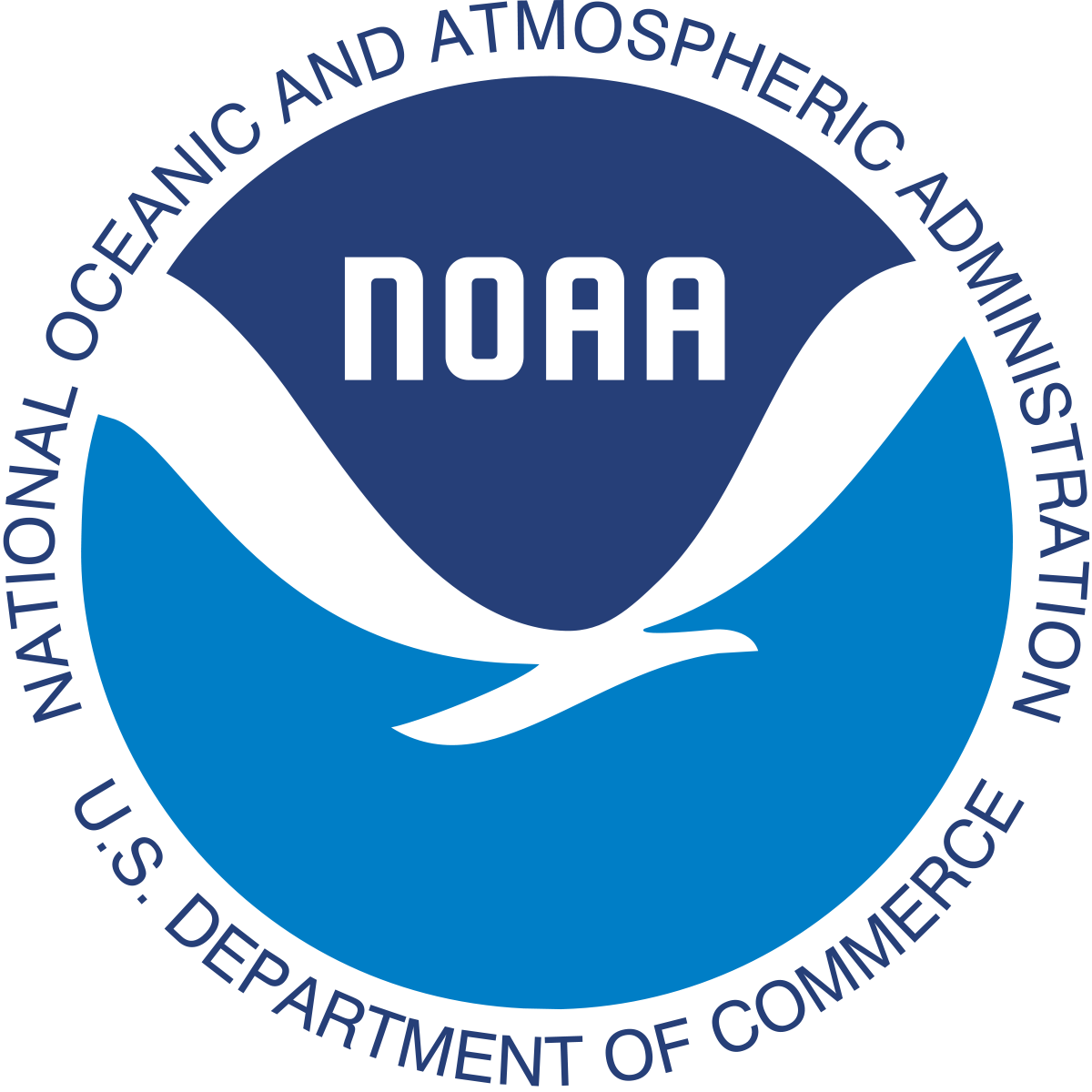Recently during a time of hurricane activity on the U.S. coast, President Trump asked advisors if we could extinguish a hurricane by detonating an atomic bomb in it. I wrote about it at the time but there has been repeated mentions of the idea since the hurricane. I decided to revisit this idea in more detail.
It turns out that the idea of using a nuclear bomb on a hurricane has been around for decades. In the 1950s, it was suggested by a meteorologist named Jack Reed. He thought that it might be possible to use a nuclear bomb to prevent a hurricane from making landfall on the U.S. coast. Since Jack Reed first proposed it the question has been raised so often that the National Oceanic and Atmospheric Administration has a webpage on its site dedicated to answering the question.
A hurricane can generate as much energy as the detonation of ten thousand nuclear bombs. The physical size of a hurricane is one of the major problems with trying to use a nuclear bomb to stop one. For example, Hurricane Irma was about four hundred miles in diameter. A modern nuclear bomb with a one megaton yield would have a blast radius of about four miles. This means that Irma was be a hundred times bigger in diameter than the blast zone of such a bomb. Detonating a nuclear bomb inside a hurricane would be like shooting a pea shooter at a speeding car and expecting that to change the course of the car.
If you were to detonate a nuclear bomb inside a hurricane, that would result in seeding radioactive fallout throughout the storm. The best-case scenario would be for the fallout to rain out of the hurricane quickly. If it did not and the hurricane reached land, the fallout would contaminate the environment in the track of the hurricane.
Even if the fallout rained down into the ocean, the results would be harmful. When the U.S. detonated a large thermonuclear device in the Marshall Islands in the Pacific Ocean, a lot of fish were contaminated by the fallout for thousands of miles. Japan halted fish consumption for a period following the detonation because of the contamination. It was estimated that about half of the cancers occurring in people living on islands near the detonation were caused by fallout from the blast.
If we had dropped a nuclear bomb into Hurricane Sandy, there would have been additional damage caused to fishing industries along the U.S. East Coast. There would have been damage to the health of people along the track of the storm and other repercussions. If people wanted to rebuild homes destroyed by the hurricane, all of the debris of the destroyed houses would have to be removed along with several inches of topsoil and disposed of as radioactive waste.
The bottom line is that using a nuclear bomb on a hurricane would not only have little effect on the strength or trajectory of the storm but would cause additional serious problems.
